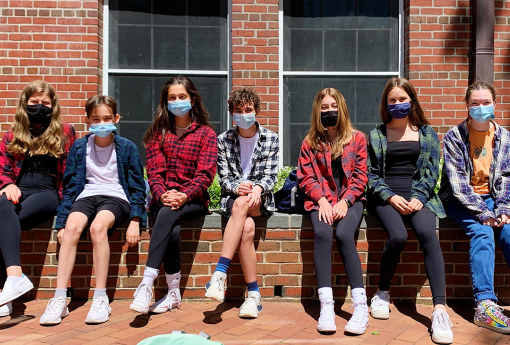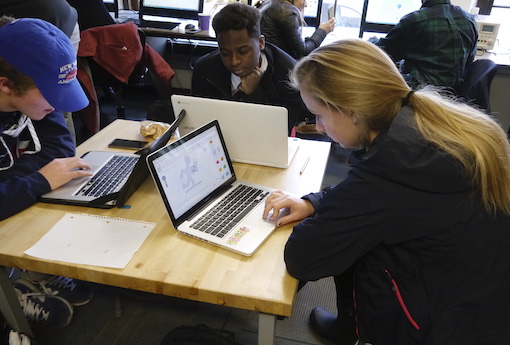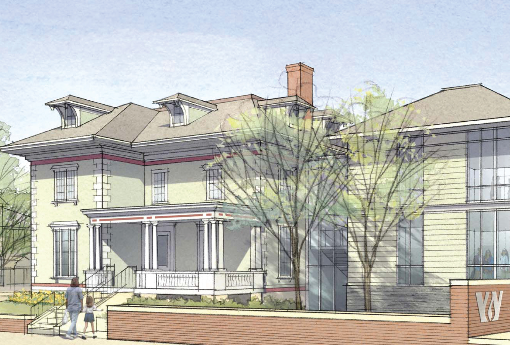
A new school schedule expands curricular innovation
October 6, 2019
What do a 3-D printer, the Rooster Games, and 8th-grade Performing Arts class have in common?
The answer is linked to Wheeler’s commitment to creating a daily schedule that meets the needs of Wheeler’s culture of academic excellence. In the past five years or so, faculty have expressed increasing frustration that their ideas have been thwarted in part or whole by schedule-based obstacles. Periods are too short. Too many Monday and Friday classes are canceled due to holidays. Common spaces are difficult to book. The list goes on and on. Last year, Independent School Management (ISM) consulted with all Wheeler constituencies with the goal of meeting this pent up demand freeing up the faculty to plan with as few schedule-based obstacles as possible. On October 1, the faculty had their first of five curriculum design meetings during which teachers collaborated on planning curricular innovations with an eye towards the new schedule coming in Fall 2020.
In one curriculum design meeting, a performing arts faculty member collaborated with a librarian to overhaul a project on stage design. By all accounts, the project was excellent, but the teacher knew it could be better. In its original state, students designed a stage based on a play chosen by their teacher. In its new form, the project requires students to reflect on a book of significance and then design a stage based on three parts of the book. The project demands much of the students: 1) analyzing their reading history; 2) considering how to translate scenes in a story into three dimensions, a considerable academic challenge involving math, art, advanced reading skills, and more; and, 3) reflection and iteration, two things an 8th grader doesn’t normally want to do but must learn to engage in to be an effective learner.

In a trial run of the project, students are picking books featured in Wheeler’s various celebrations of reading: The Rooster Games, the Battle of the Books, and the Quahog Cup. After the book selection phase, students will design stages and some will be 3-D printed in our Hirsch-Alperin Design Innovate Build Lab. There’s some tweaking of this engaging project, but the two faculty members collaborating on this endeavor are confident that the new schedule won’t be an obstacle. They are also confident that this innovative project is sparking a joyful and playful appreciation of reading, art, theater, and math.
By Young Un
Head of Strategic Innovation and N-8 Divisions

